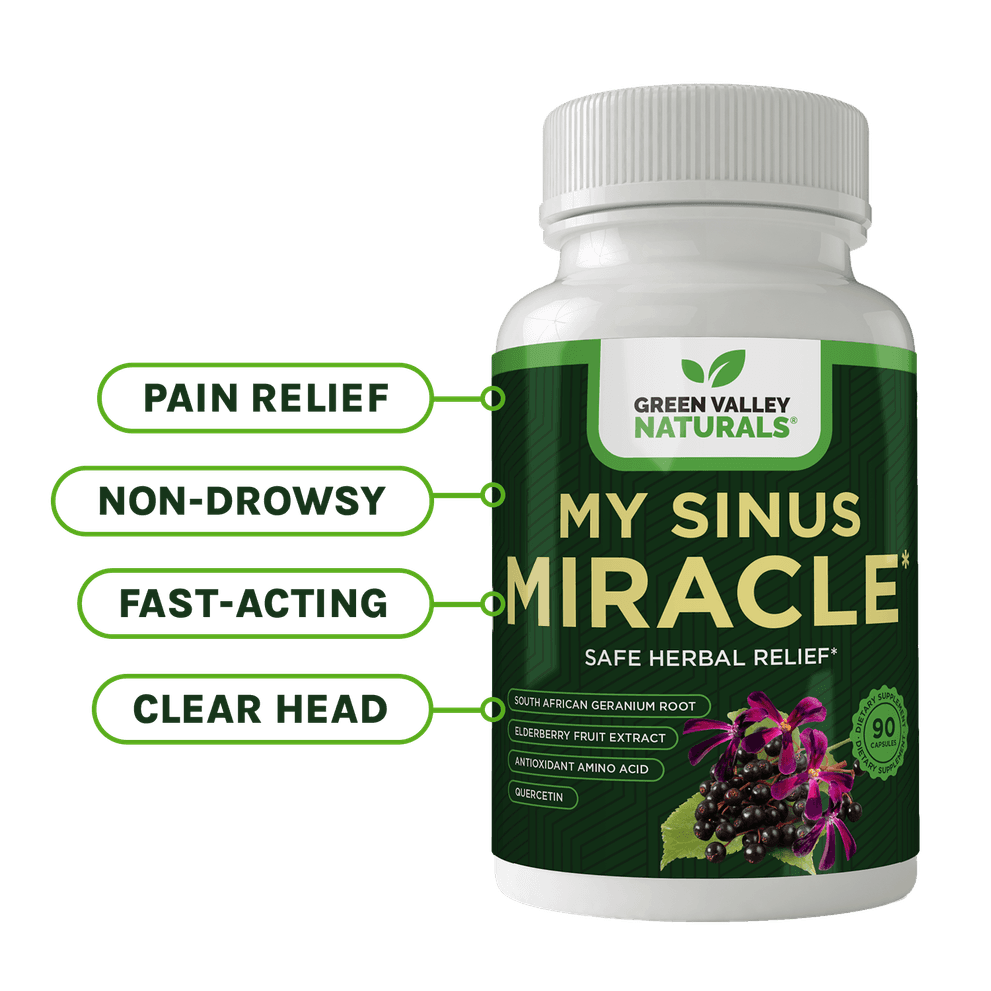
You know omega-3 fatty acids are great for your health. They fight inflammation, improve blood flow and now, research shows, they can help stop diabetes.
But before you pop another omega-3 supplement, you should know that when it comes to controlling blood sugar at least, eating fish is just as important.
Here’s the surprising story...
Positive findings from the consumption of oily fish led scientists to believe omega-3 fatty acids could help prevent diabetes. Yet supplementation has produced mixed results.
The suggested reason is that omega-3 fatty acids work with many other nutrients found in fish and it's this synergy that helps to control blood sugar. If true, this would mean we need to eat fish and not rely on supplements alone.
In fact, in a study that included almost 22,000 Europeans, those eating one portion or more of fish every week lowered their risk of developing type-2 diabetes by a quarter when compared to those eating less than one portion a week.
But what kind of fish should you eat? One in particular stands out from the crowd.
The Type of Fish Matters
In a study from Japan researchers examined which type of fish was more beneficial than another.
The study revealed that small and medium-sized fish (horse mackerel, sardines, saury, mackerel and eel), lowered the development of diabetes by 32 percent whereas large fish (salmon, skipjack tuna, cod, flatfish and sea bream) had no effect, even where omega-3 levels were similar in both the small and larger varieties.
As if that wasn't confusing enough, some studies linked fish consumption to a higher incidence of diabetes.
So, what's the explanation for these diverse results? Scientists believe it has to do with the life cycle of a fish and what’s inside its body.
Bigger Fish, Longer Life Cycle
Scientists think higher intakes of larger fish could increase the risk of diabetes because - as these fish have fewer predators and live longer - they are more prone to contamination from environmental toxins.
These pollutants are polychlorinated biphenyls found in a large number of commercial products; polybrominated diphenyl ethers, used as flame-retardants and found in many consumer goods; dioxins from waste-burning incinerators; and chlorinated pesticides found in the fatty tissue of animals.
We’ve talked about the health dangers of many of these chemicals in this newsletter before. The gist is, you want to avoid them when possible. Now, researchers give you another reason.
The scientists believe that some or all of these chemical pollutants can interfere with insulin production and its use in the human body. For instance, one study found a strong association between blood serum concentrations of persistent organic pollutants and diabetes in 2,016 adults.
To get the benefits of fish, therefore, we need to focus on the smaller varieties, and the one that fits the bill for low pollution and high nutrition is the humble, affordable sardine.
Rich in Healthy Fats and Blood Stabilizing Nutrients
Scientists from the Diabetes and Obesity Research Laboratory at the Universitat Oberta de Catalunya, Barcelona, Spain, conducted a review of sardines in the prevention of type-2 diabetes, and published their findings in January.
They wrote that although it's not yet clear how eating fish reduces the risk of diabetes, omega-3 fatty acids have been shown to improve insulin sensitivity and the high amount of protein found in fish is thought to promote weight loss and reduce inflammation.
Sardines in particular are rich in fats and have the most polyunsaturated fats compared to all other oily fish varieties. They are also plentiful in omega-3 fatty acids.
Sardines are also the richest of the oily fish in proteins and one of the highest in taurine which helps prevent diabetes through its blood sugar stabilizing, antioxidant and anti-inflammatory actions. In addition, sardines are a source of calcium and vitamin D, already known to play a role in reducing diabetes risk.
The scientists also conducted their own sardine study published in the journal Clinical Nutrition in May. The results were impressive.
Dramatic Risk Reduction in Diabetes
For their study they enrolled 152 men and women over the age of 65 who were diagnosed with prediabetes, a condition in which the blood sugar is high but not high enough to be classified as diabetes.
All were put on a diet aimed at reducing the risk of developing diabetes but only half had two cans (seven ounces) of sardines in olive oil added to the diet each week. Participants were advised to eat the sardines whole, without removing the bones.
Twelve months later, they compared the risks of developing diabetes in the two groups. Among the controls, 27 percent were considered at high risk for developing the condition when the study began. After a year this dropped to 22 percent.
But among the sardine group, 37 percent were at high risk when the study began and this dropped to just eight percent a year later.
The sardine eaters also benefited from lower insulin resistance, higher HDL (good) cholesterol, a greater level of adiponectin (a hormone that accelerates glucose breakdown), decreased triglycerides (blood fats), and lower blood pressure.
Sardines - a Better (and Cheaper) Option Than Supplements Alone
Lead researcher, Diana Diaz Rizzolo, commented, "Not only are sardines reasonably priced and easy to find, but they are safe and help to prevent the onset of type-2 diabetes.
"This is a huge scientific discovery. It is easy to recommend this food during medical check-ups, and it is widely accepted by the population.
"Nutrients can play an essential role in the prevention and treatment of many different pathologies, but their effect is usually caused by the synergy that exists between them and the food that they are contained in.
"Sardines will therefore have a protective element because they are rich in [taurine, omega-3, calcium and vitamin D], whereas nutrients taken in isolation in the form of supplements won’t work to the same extent."

